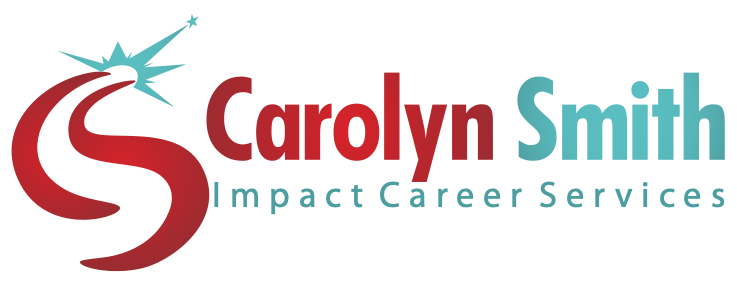 So you have lost your job, moving job or just looking for a new career opportunity. Like millions before you, you browse for jobs on major job boards like SEEK and CareerOne, find the perfect job, submit your resume and then.………..NOTHING!
So you have lost your job, moving job or just looking for a new career opportunity. Like millions before you, you browse for jobs on major job boards like SEEK and CareerOne, find the perfect job, submit your resume and then.………..NOTHING!
No response, no feedback or if you get feedback, the generic rejection letter. If you are lucky, you will be in the 4 – 10% that actually successfully conducts and finds a job online. But if you are like the remaining 90 – 96% who exclusively conducts a job-hunt online with the major job boards, you might be destined to failure.
So why is it with job boards being so popular, they are so ineffective?
Advertising on job boards is the last resort for employers (not first)
The typical employer, general fills a vacancy in this order:
(a) Promoting within, (b) hiring someone that is known through a network, or someone that comes recommended by a friend, or colleague, (c) using a recruitment agency, (d) advertising both online, or in newspapers, and coming in at last place (e) an unsolicited resume.
Conversely, a typical job-hunter looks for work, the opposite way, in particular by using the job board. What this means, is that by just using job boards, you are missing out on 85% of the jobs out there, that get filled through recruiting options that employers prefer.
Major job boards are ineffective because they are popular
Job boards have changed the recruitment landscape. In the days prior to the internet and the job board, employers advertised in the local newspaper and received a dozen or so applicants. Today, an employer advertises and is inundated by job applicants, because let’s face it – finding jobs to apply for is so easy for the jobseeker!
What this means to you, is that your competition has just expanded at an unprecedented rate. More competition, the lower the chances of success – unless you take the steps necessary to outshine the competition!
The gatekeeper is in charge
For the bulk of jobs advertised online, your resume will end up in the lap of the gatekeeper, namely HR personnel. The gatekeeper is exactly that, what stops your resume from being placed directly into the hands of real decision-makers.
Think of them as the bouncer in front of an exclusive nightclub. They have complete discretion over who comes to the party or not and will stop letting people through, once the room is full. They might let a few people through, if they like the look of them, but the majority don’t get to come to the party.
You have to keep in mind that HR’s job is to simply ‘weed out’ job candidates and the less applicants they have to deal with face-to-face the better. So if possible, avoid HR altogether and get your resume directly in front of the real decision makers.
Automated processes rule
Due to their popularity, employers now receive hundreds of applications from jobseekers. To cope with the overwhelming influx, many employers have turned to technology to process applications.
What this means to you, is that your resume won’t even get read, unless it passes the keyword search and is scannable. So you might be the perfect candidate, but that machine won’t know you are the perfect candidate, unless your resume contains all the optimal key words.
Then when you pass muster on the keyword search, your resume will be quickly ‘eyeballed’ by a recruiter or HR. If you don’t make the cut during the 30-second review time, kiss goodbye to the job.
The solution to winning over the automated processes is to ensure that keywords are contained in your resume AND have a resume that can elicit a positive reaction within 30 seconds. Unfortunately over 95% of jobseekers don’t have this type of resume.
Conclusion
For all their popularity, job boards have massive limitations for the job seeker. Job boards are inherently tools built for employers and recruiters, rather than serving the needs of job seekers. This is driven by the fact that job board revenue is generated by employers and recruiters advertising, not specifically by job seekers.
The reality is that the majority of job seekers don’t get their jobs from the major job boards (although the marketing from branded job boards would make you believe otherwise).





